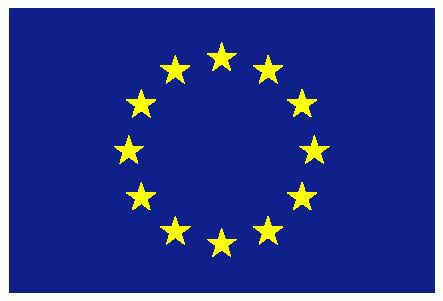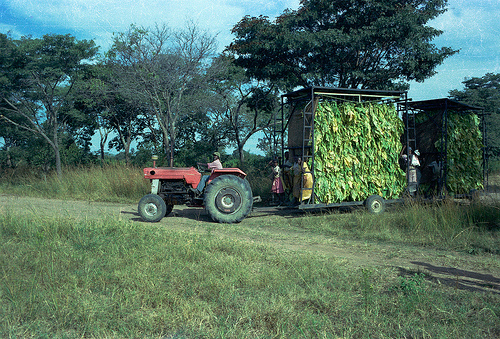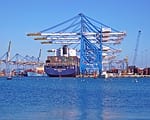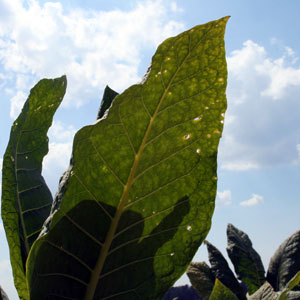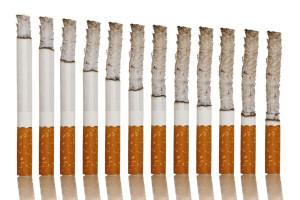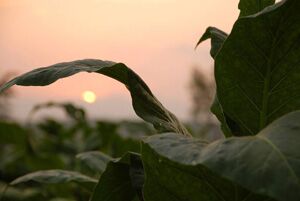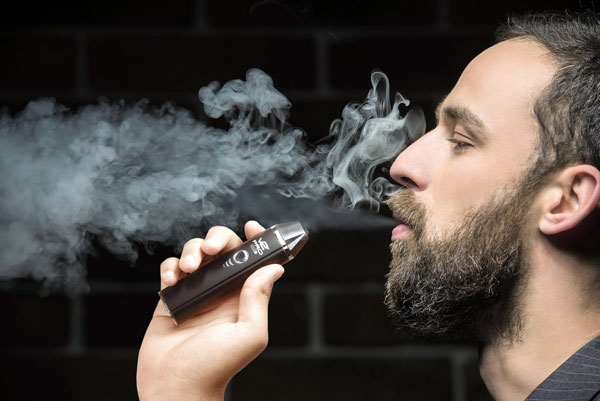A Romanian member of the EU Parliament has asked the Commission if it is considering providing member states with guidance to ensure that all cancer patients have timely access to innovative treatments.
In a question preamble that appeared under the heading, Tackling lung cancer in Europe, Doru-Claudian Frunzulică said researchers at the European Cancer Forum had found that effective prevention policies and timely access to innovative treatments could improve the effectiveness of cancer care.
‘Even though there have been improvements in the last 15 years, some member states still have high mortality rates,’ he said. ‘As declared at the Forum, cancer is not just a medical issue, but also a social one.’
He then asked: ‘Is the Commission considering providing guidance to member states on how to tackle societal challenges in order to fill the existing gaps in cancer healthcare across Europe, and ensure that all patients have timely access to innovative treatments?’
The Commission is due to answer in writing.

